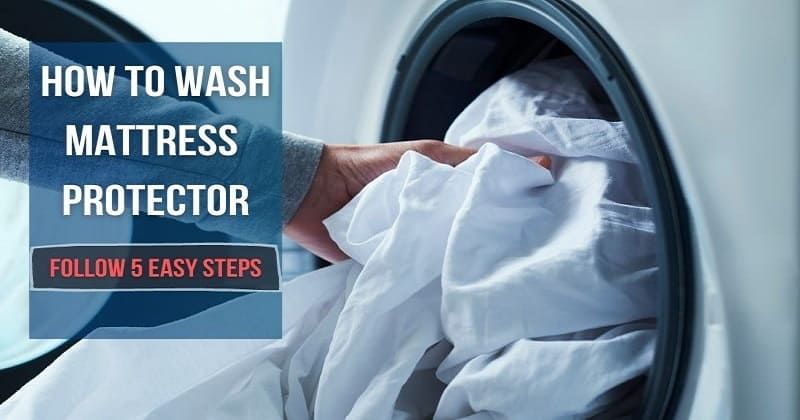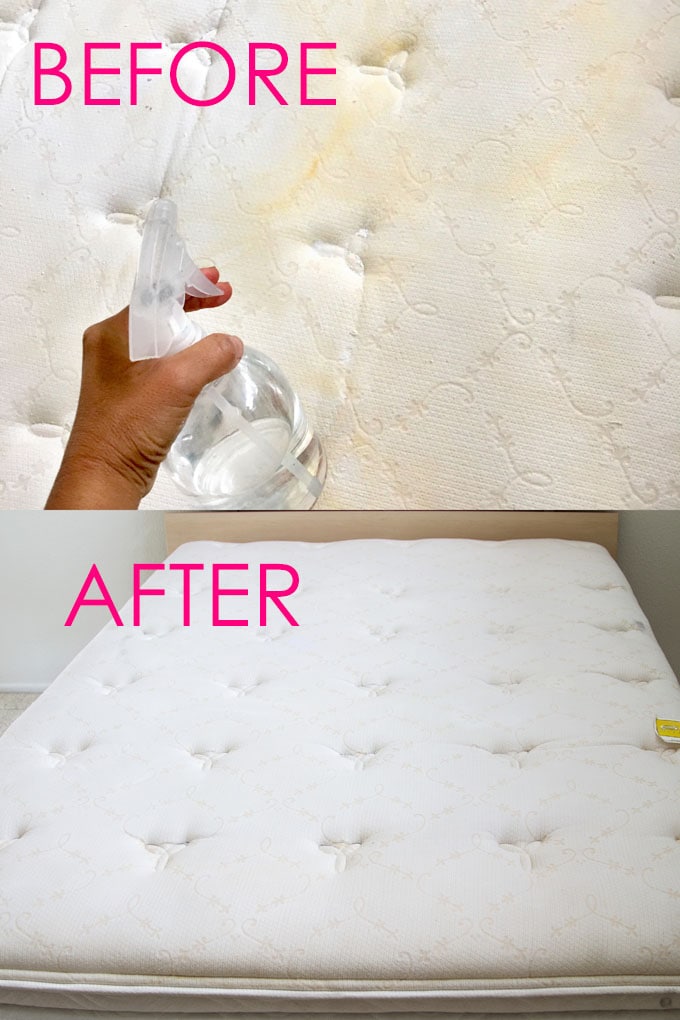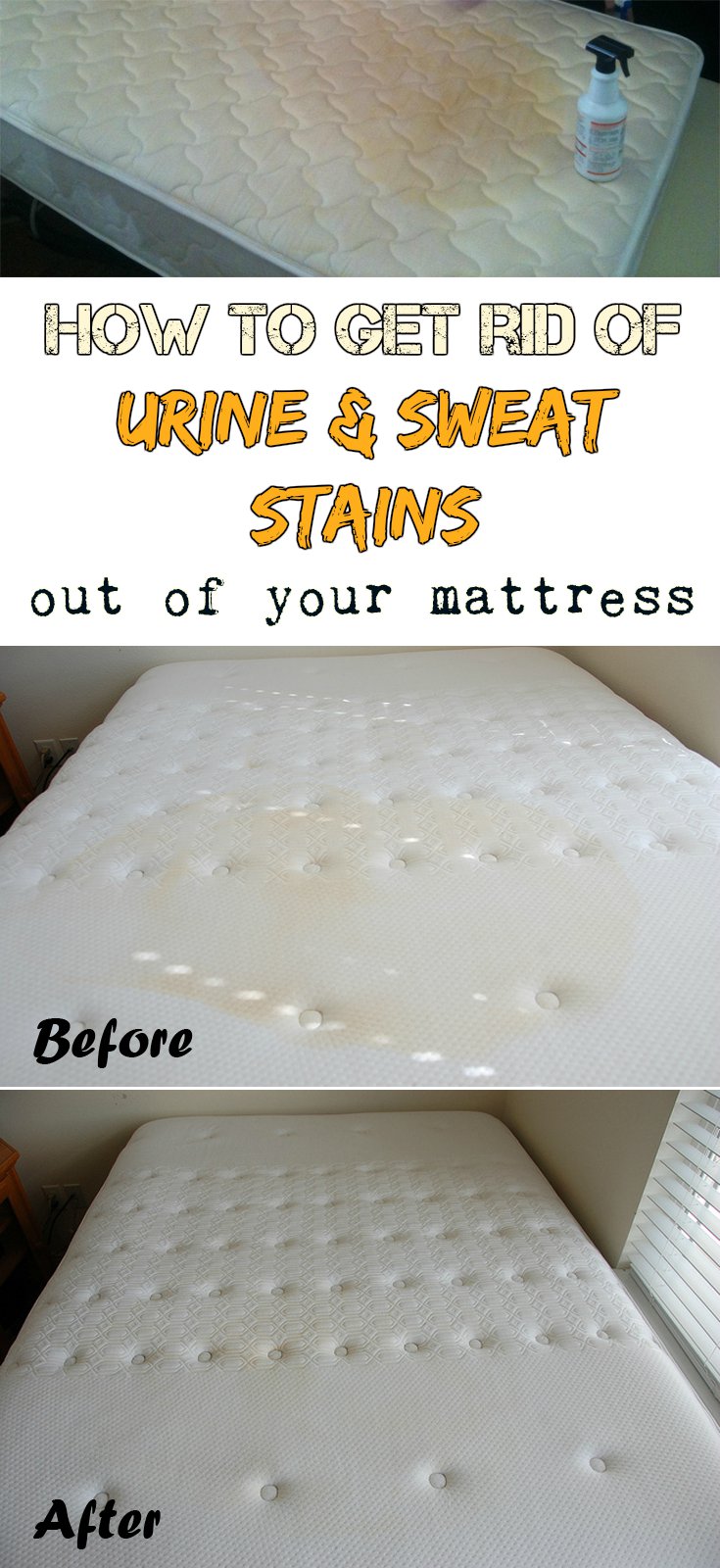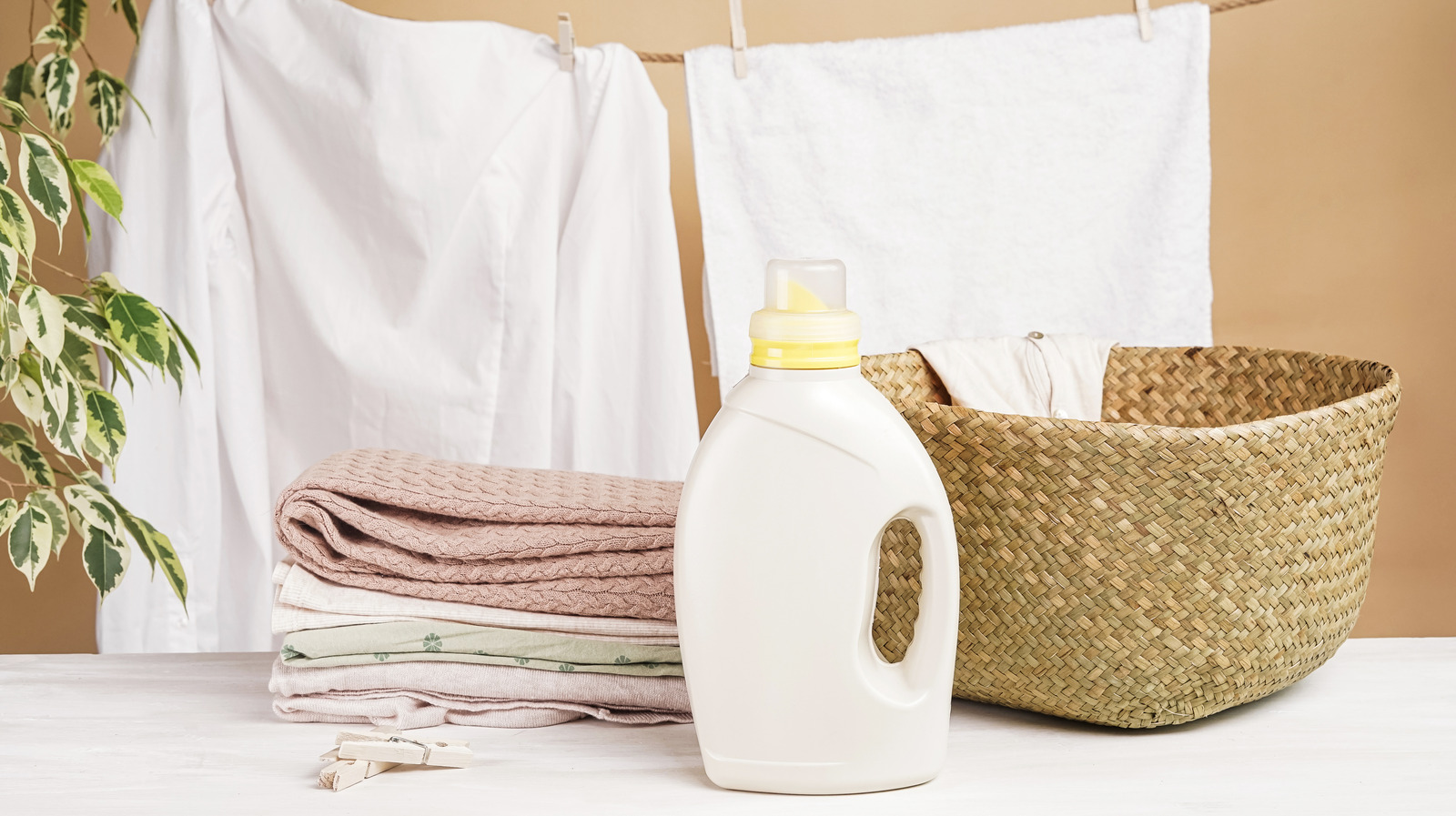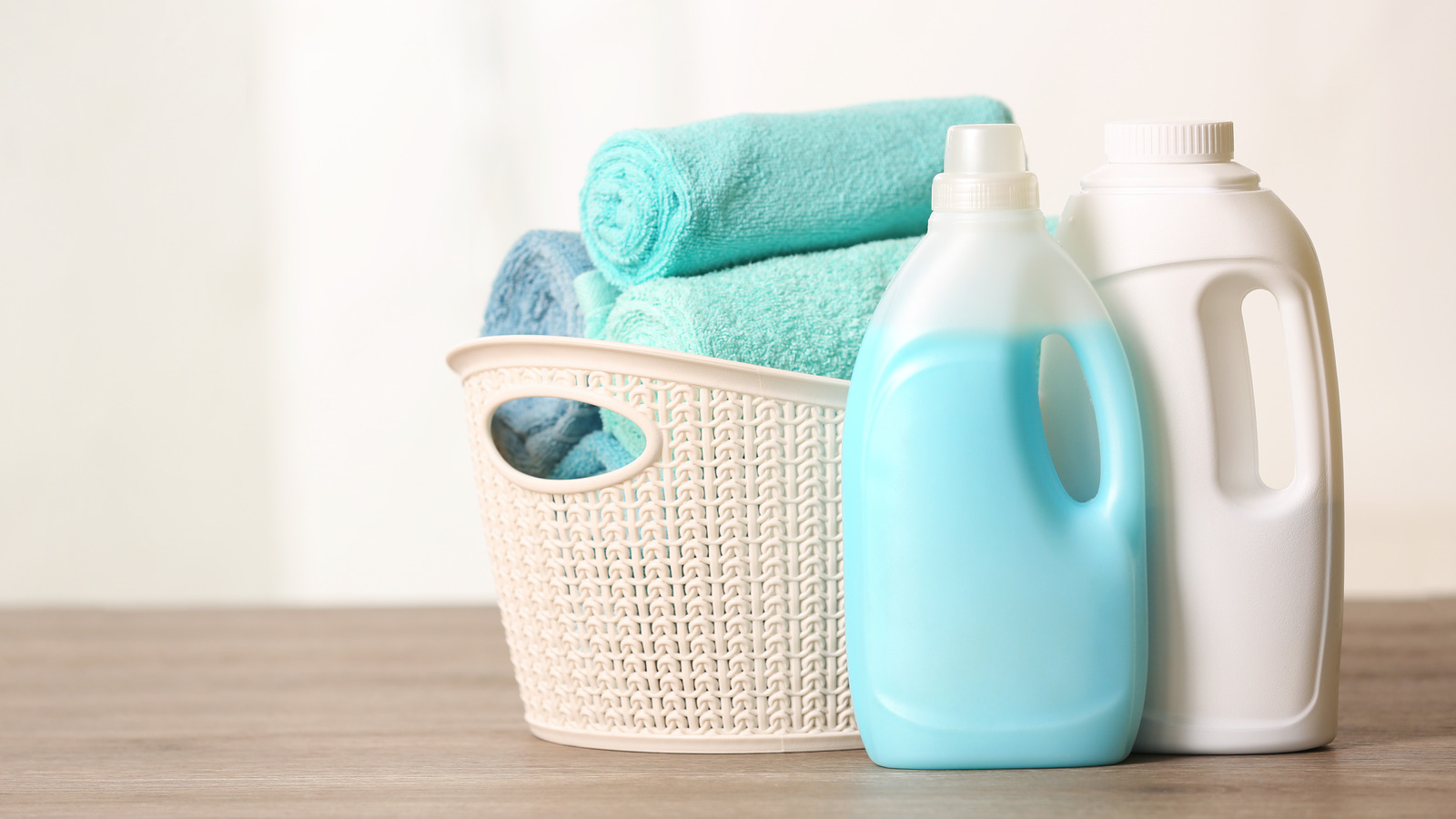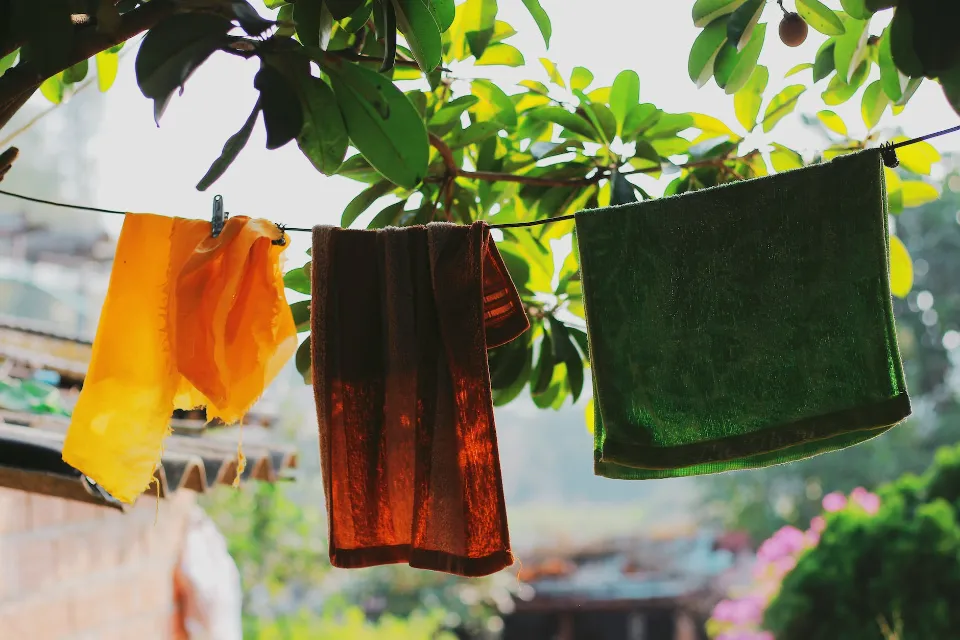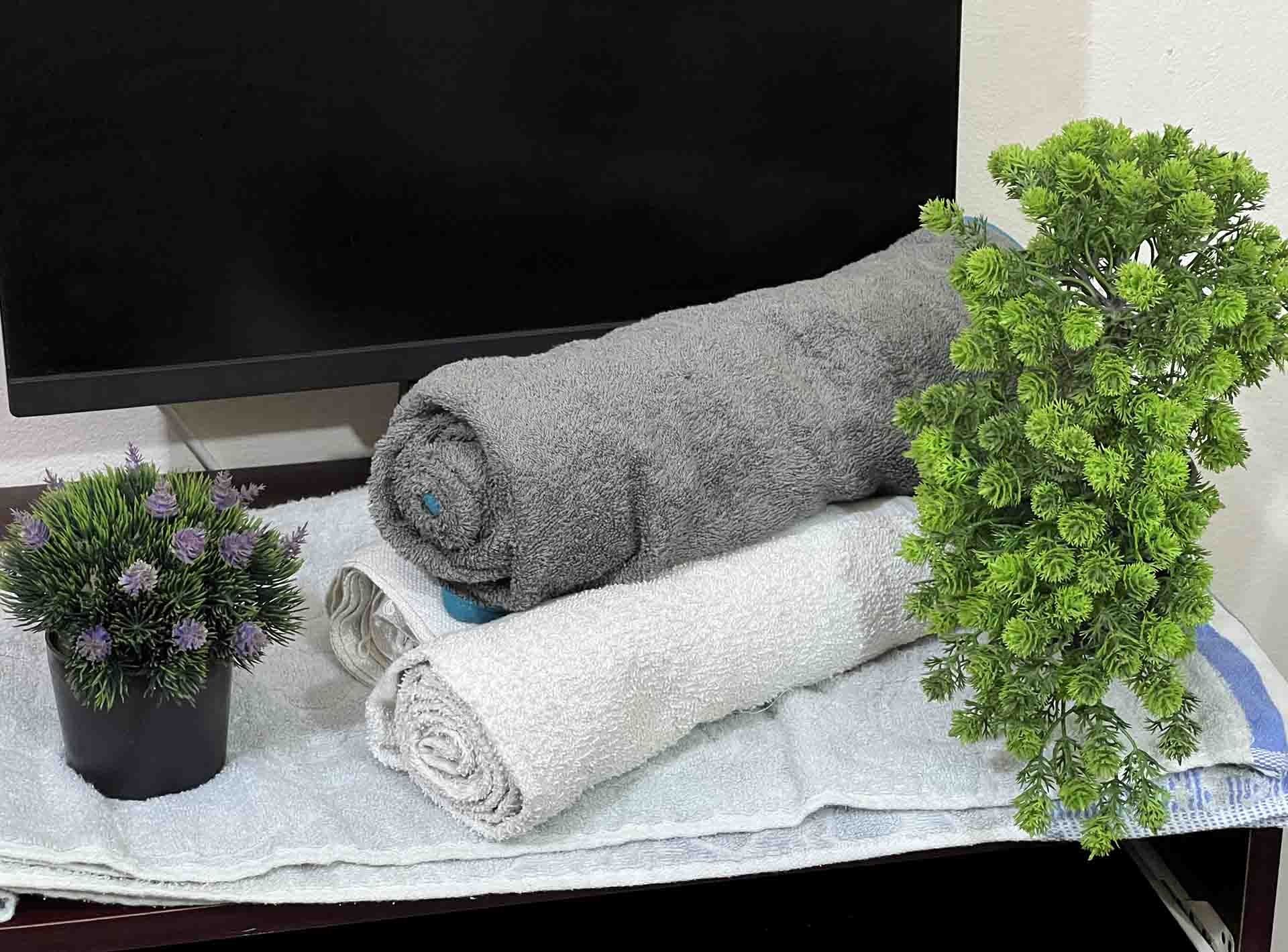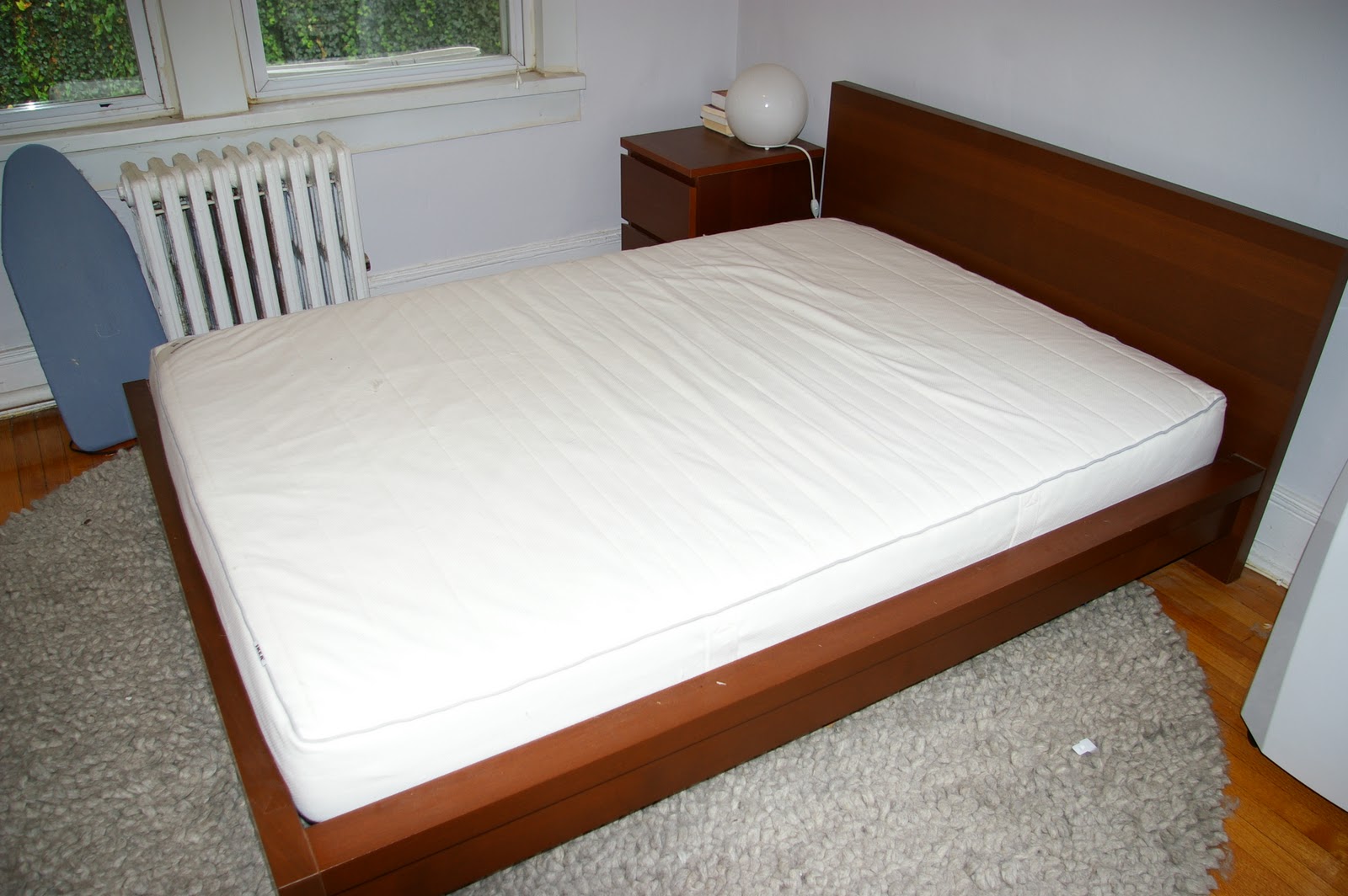How to Wash a Mattress Protector
If you're wondering how to wash a mattress protector, you've come to the right place. Mattress protectors are an essential bedding item that helps to keep your mattress clean and protected from spills, stains, and bacteria. But to ensure that your mattress protector continues to do its job effectively, it's important to wash it regularly. Here's a step-by-step guide on how to wash a mattress protector.
When to Wash a Mattress Protector
One of the most common questions about mattress protectors is when to wash them. Ideally, you should wash your mattress protector every two to three months. However, if you have pets, allergies, or if it's been exposed to spills or accidents, you may need to wash it more frequently. It's also a good idea to wash your mattress protector before using it for the first time to remove any manufacturing or packaging residues.
Can You Put a Mattress Protector in the Washing Machine
Yes, most mattress protectors can be safely washed in the washing machine. However, it's always important to check the care label for specific instructions. Some protectors may require special care, such as hand washing or delicate cycles. If you're unsure, it's best to err on the side of caution and hand wash your protector.
Best Way to Clean a Mattress Protector
The best way to clean a mattress protector is to follow the care instructions on the label. Typically, you can machine wash it on a gentle cycle with mild detergent. Avoid using harsh chemicals or bleach, as this can damage the waterproof or stain-resistant properties of the protector. You can also add a cup of white vinegar to the wash cycle to help remove any odors and keep the protector fresh.
Do You Need to Wash a Mattress Protector Before Use
While it's not necessary, it's recommended to wash your mattress protector before use. This will help to remove any manufacturing or packaging residues and ensure that it's clean and ready for use. It's also a good idea to wash it periodically to maintain its cleanliness and effectiveness.
How Often Should You Wash a Mattress Protector
The frequency of washing your mattress protector will depend on your lifestyle and personal preferences. As mentioned, it's recommended to wash it every two to three months, but you may need to wash it more frequently if it's exposed to spills or accidents. It's always a good idea to keep an eye on it and wash it as needed to ensure it stays clean and fresh.
Can You Dry a Mattress Protector in the Dryer
In most cases, yes, you can dry a mattress protector in the dryer. Again, it's important to check the care label for specific instructions. If the care label recommends air drying, it's best to follow those instructions to prevent any damage to the protector. If you do use a dryer, make sure to use a low heat setting to avoid any shrinkage or damage.
What Temperature Should You Wash a Mattress Protector
It's best to wash your mattress protector in warm water, around 40 degrees Celsius. This will help to remove any stains or bacteria without damaging the protector's materials. Avoid using hot water, as this can damage the waterproof or stain-resistant properties of the protector and cause shrinkage.
How to Remove Stains from a Mattress Protector
If your mattress protector has any stains, it's important to treat them as soon as possible. You can spot clean the stain with a mild detergent and warm water, or use a stain remover specifically designed for mattress protectors. Avoid using bleach or harsh chemicals, as these can damage the protector. It's also a good idea to wash the entire protector after treating the stain to ensure it's completely clean.
Should You Use Fabric Softener on a Mattress Protector
It's generally not recommended to use fabric softener on a mattress protector. Fabric softener can leave a residue on the protector, affecting its waterproof or stain-resistant properties. If you prefer a softer feel, you can add a wool dryer ball or use a gentle fabric softener specifically designed for waterproof materials.
Why washing your mattress protector is essential for a clean and healthy bedroom
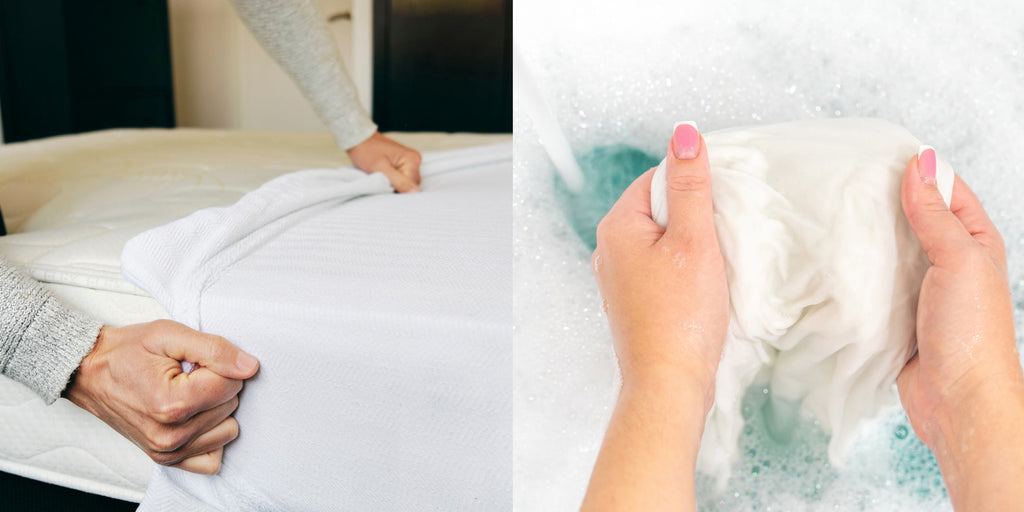
A mattress protector is an essential part of any bedding, as it not only protects your mattress from spills and stains, but also acts as a barrier against dust mites, allergens, and bacteria. However, many people overlook the importance of regularly washing their mattress protector. This can lead to a buildup of dirt, sweat, and bacteria, which can affect the quality of your sleep and overall health. In this article, we will discuss why it is important to wash your mattress protector and how to do it properly.
The importance of washing your mattress protector

Like any other bedding item, washing your mattress protector is crucial for maintaining a clean and healthy bedroom. Throughout the night, our bodies shed dead skin cells, sweat, and oils, which can seep into our mattress protector. Over time, this can create the perfect breeding ground for bacteria, dust mites, and other allergens. If left unwashed, these can cause respiratory problems, skin irritations, and even worsen existing allergies.
Moreover, cleaning your mattress protector is essential for removing any spills or stains that may occur. Whether it's from a late-night snack or a pet accident, stains and spills can leave a lasting mark on your mattress protector if not cleaned promptly. This can not only affect the appearance of your bedding but also lead to unpleasant odors and potential health hazards.
How often should you wash your mattress protector?

It is recommended to wash your mattress protector every 1-2 months, depending on personal preference and lifestyle. If you have allergies or sensitive skin, it may be beneficial to wash it more frequently. Additionally, if you have children or pets who frequently use your bed, it is best to wash it every month to prevent any buildup of dirt and bacteria.
Tips for washing your mattress protector

To ensure your mattress protector stays clean and fresh, follow these tips for washing:
- Read the care instructions: Before washing your mattress protector, make sure to read the care instructions on the label. This will provide you with specific washing instructions and any recommended products to use.
- Pre-treat any stains: If there are any stains on your mattress protector, pre-treat them with a stain remover before washing. This will help to lift the stain and prevent it from setting in during the washing process.
- Use a gentle detergent: Avoid using harsh chemicals or bleach when washing your mattress protector, as these can damage the fabric. Instead, opt for a mild detergent that is suitable for sensitive skin.
- Wash on a gentle cycle: It is best to wash your mattress protector on a gentle cycle with cold water. This will prevent any damage to the fabric and help preserve its quality.
- Avoid using a dryer: It is recommended to air dry your mattress protector to avoid any potential shrinking or damage from high heat. You can also hang it outside in the sun, as the UV rays can help to kill any remaining bacteria.
In conclusion, washing your mattress protector is crucial for maintaining a clean and healthy bedroom. By following these tips and regularly washing your mattress protector, you can ensure a good night's sleep and a healthier living environment.






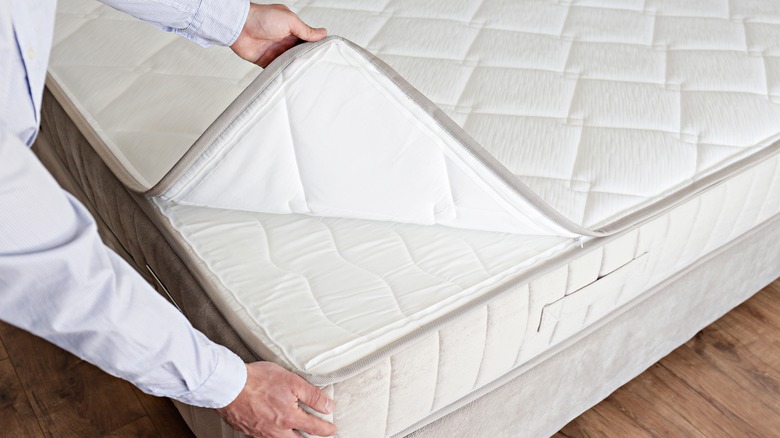
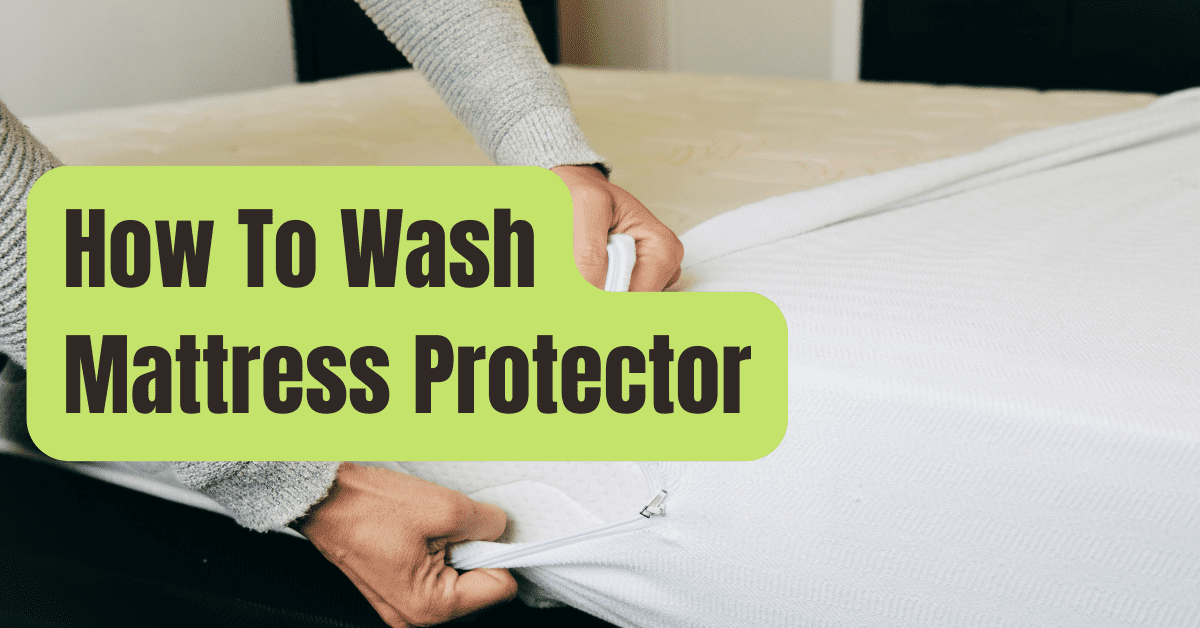
:max_bytes(150000):strip_icc()/how-to-wash-mattress-protector-5220415-hero-ef3d29e5dac34ab8a6482dc4e31a1252.jpg)









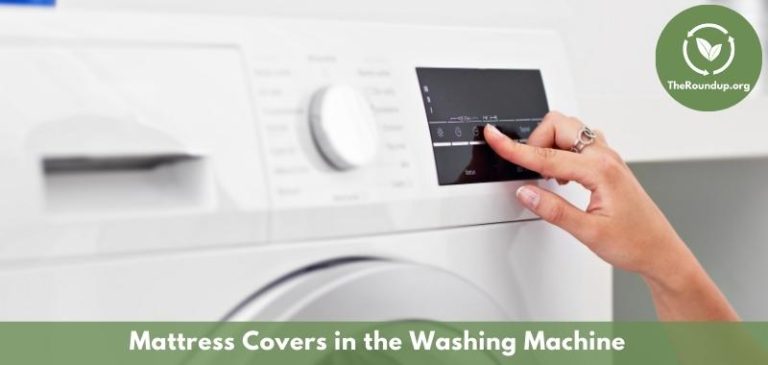



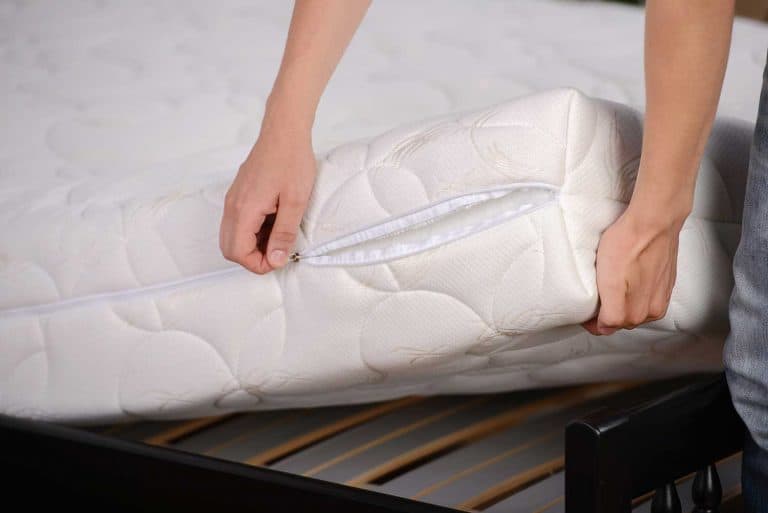

/GettyImages-183812306-56a4e8855f9b58b7d0d9d750.jpg)
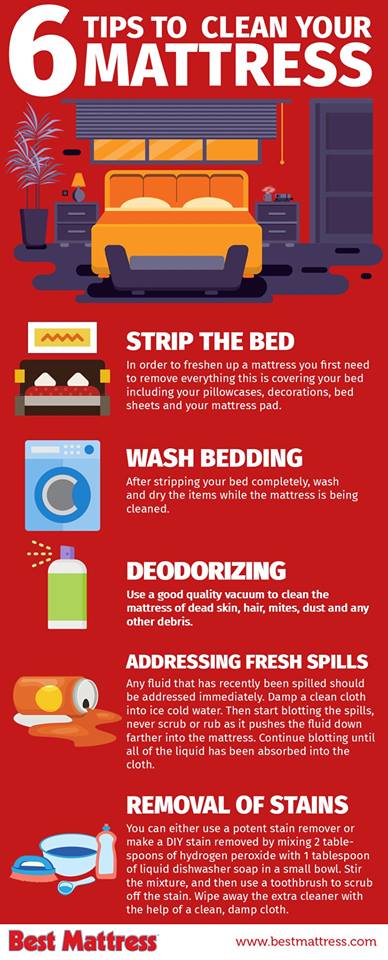
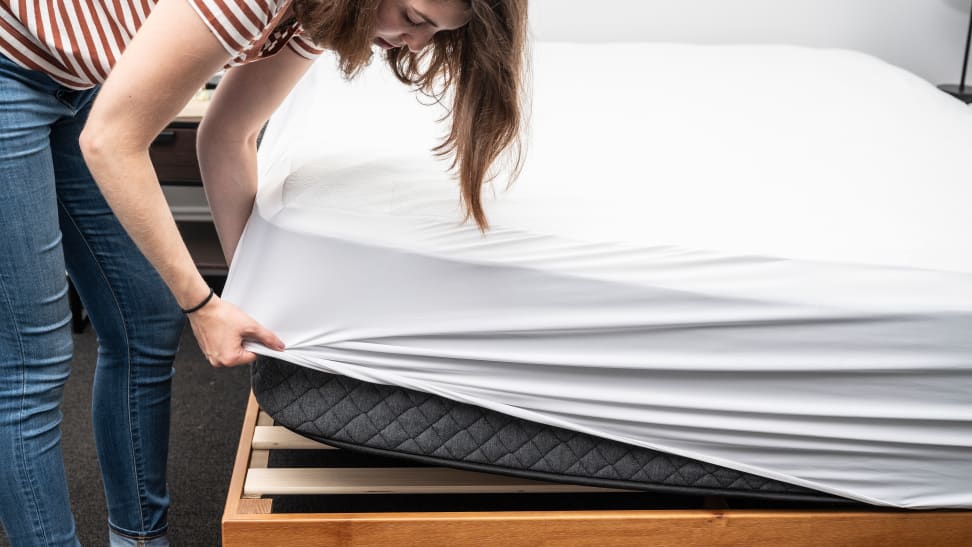

:max_bytes(150000):strip_icc()/clean-your-mattress-the-natural-way-350742-14-5a99efe91be349449c3178993b367746.jpg)
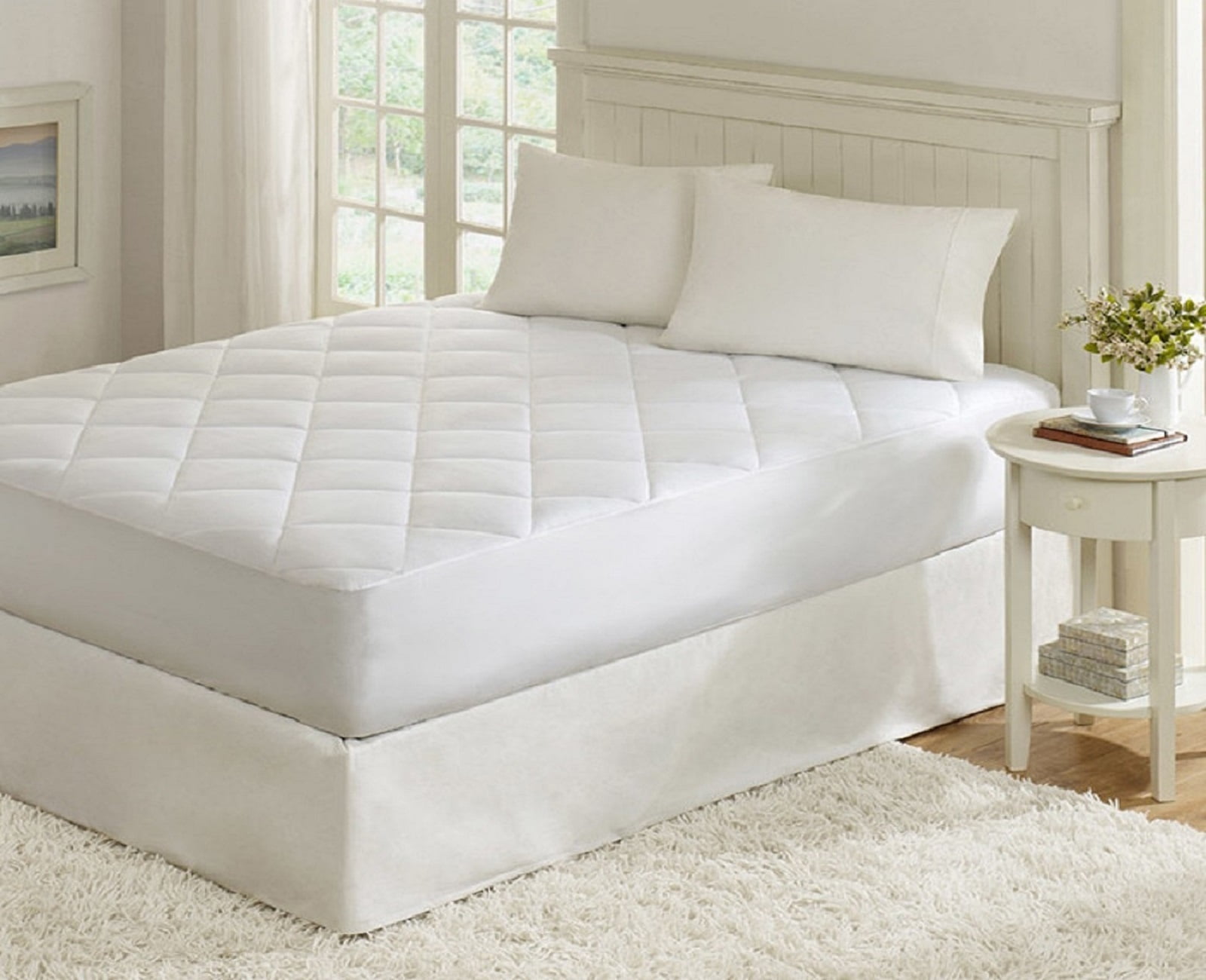

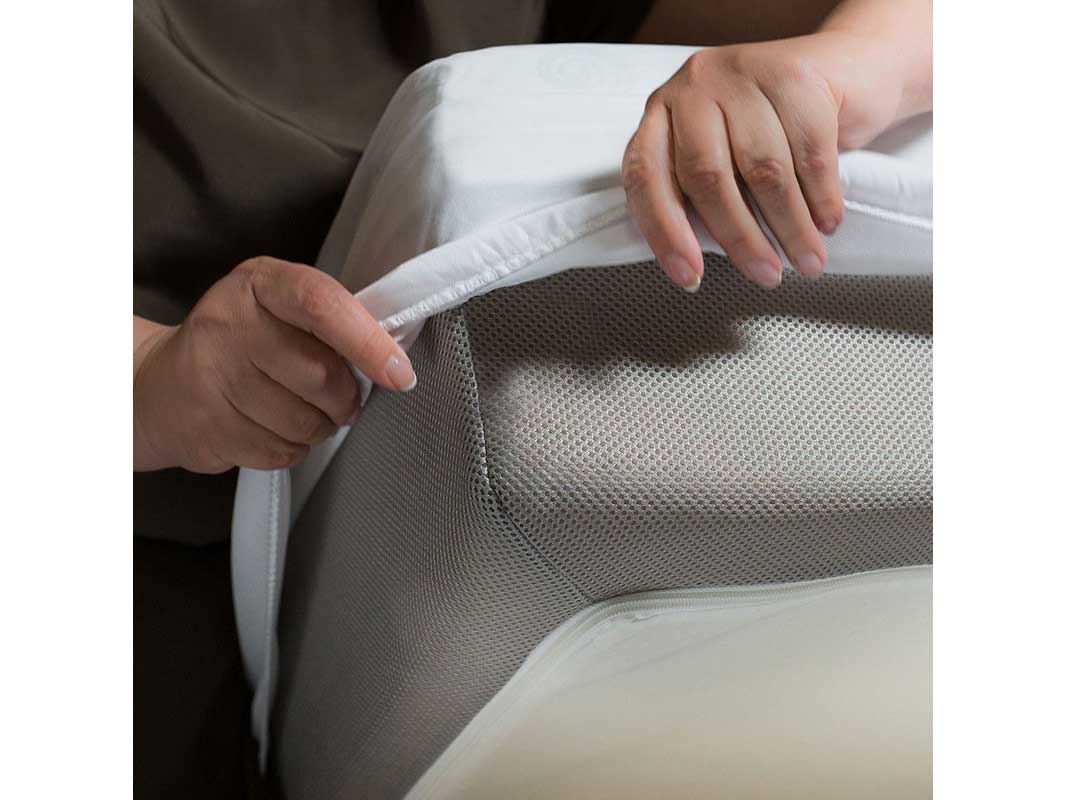
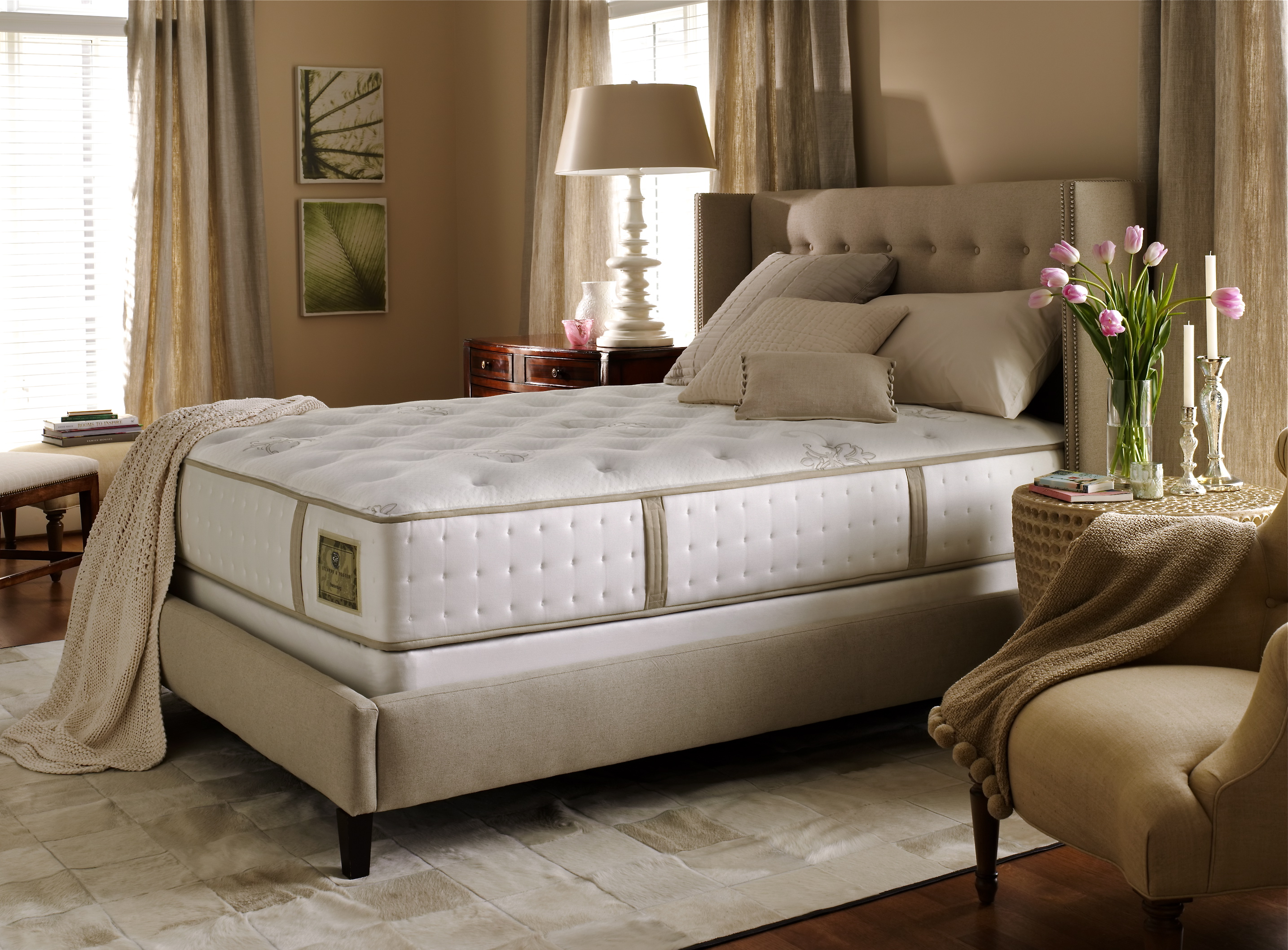
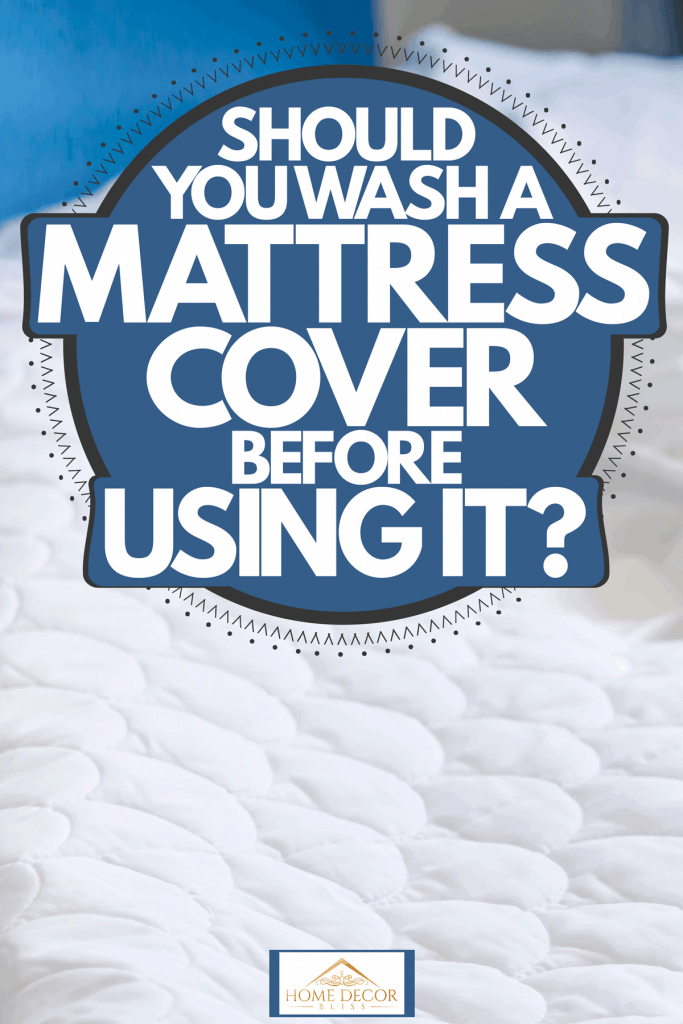



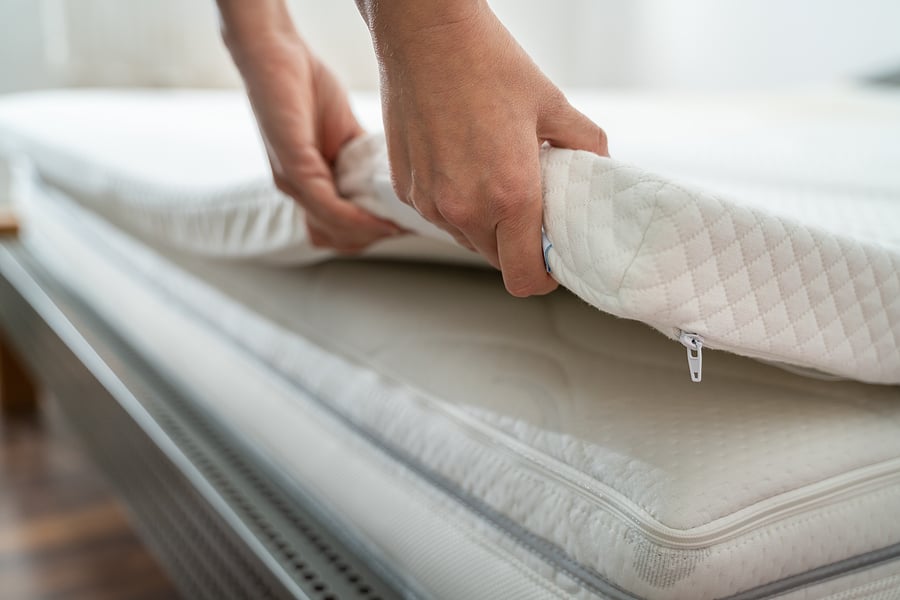
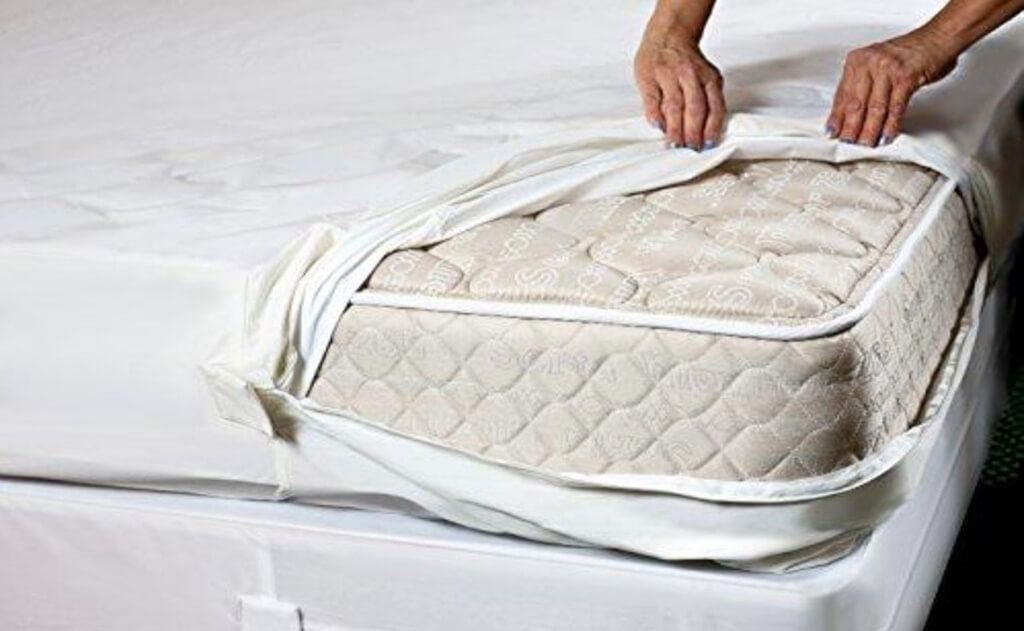

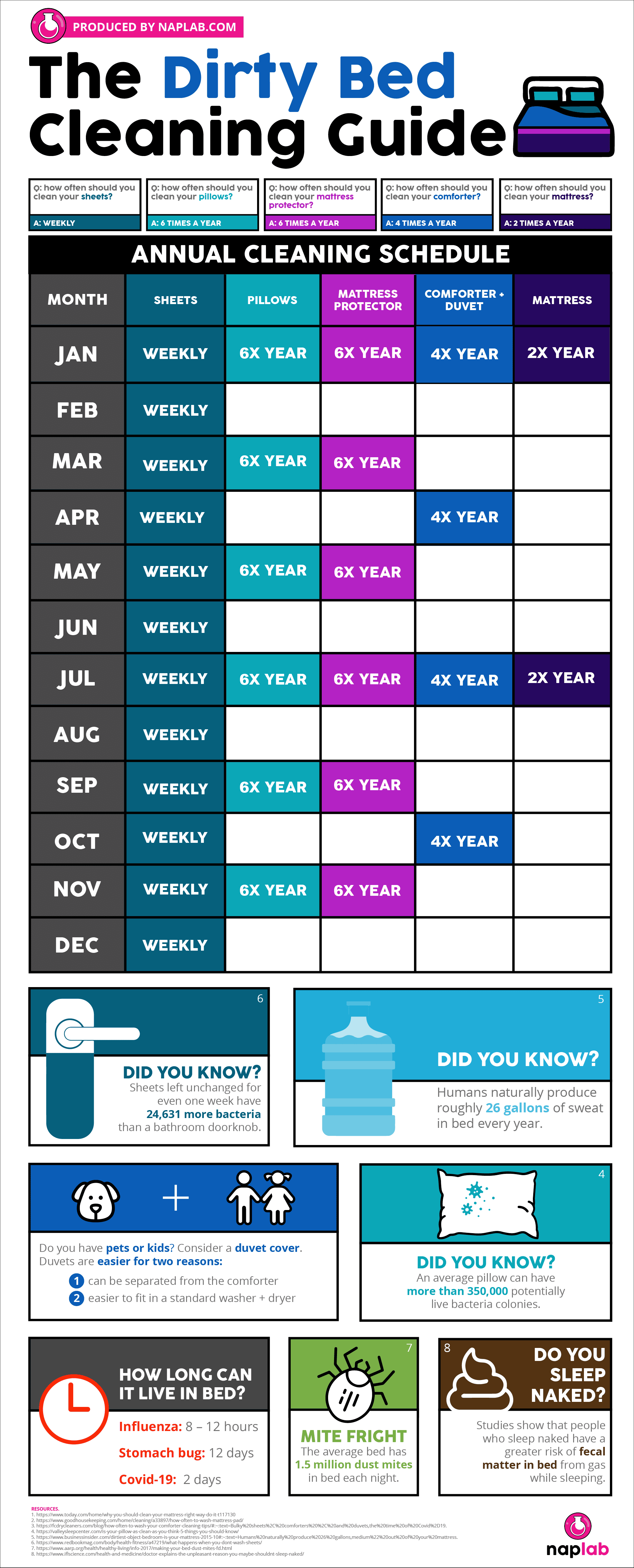


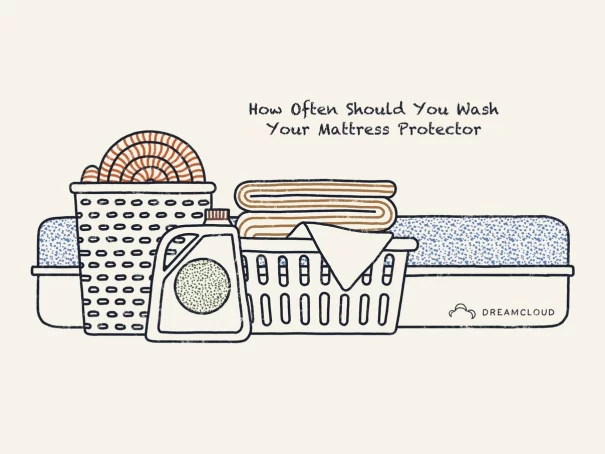
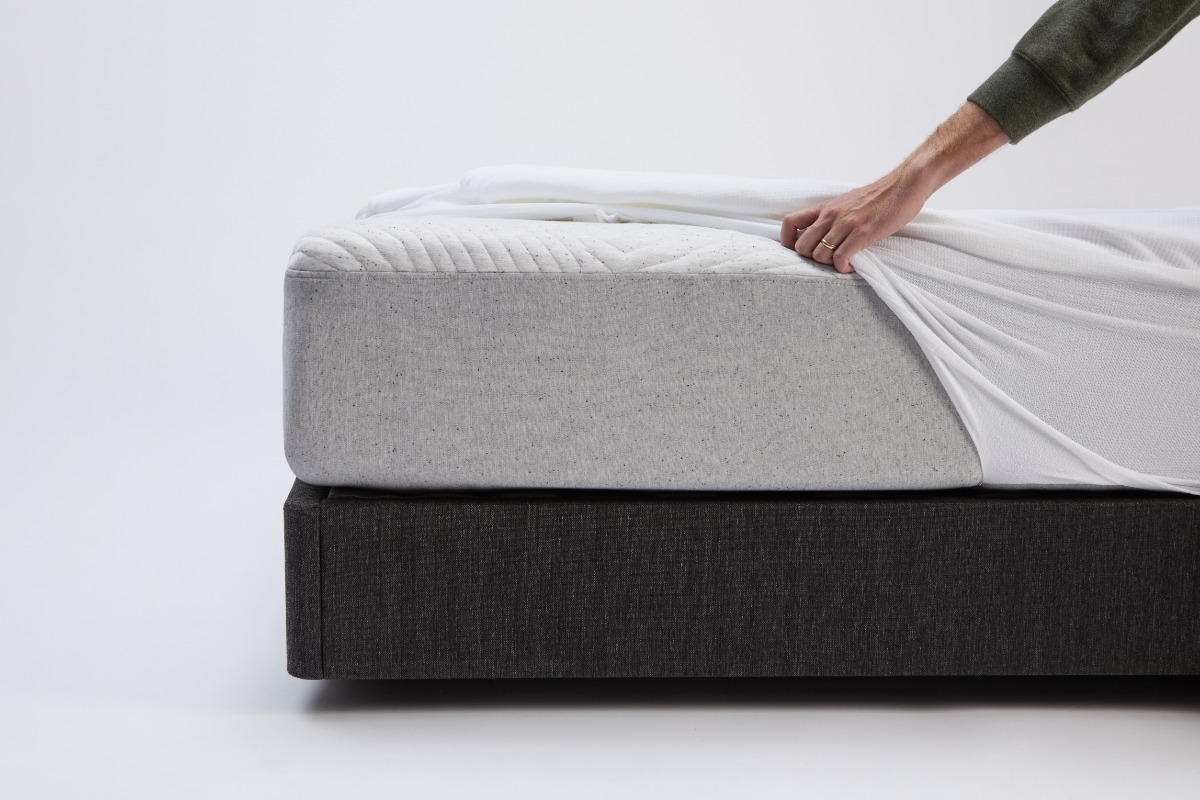


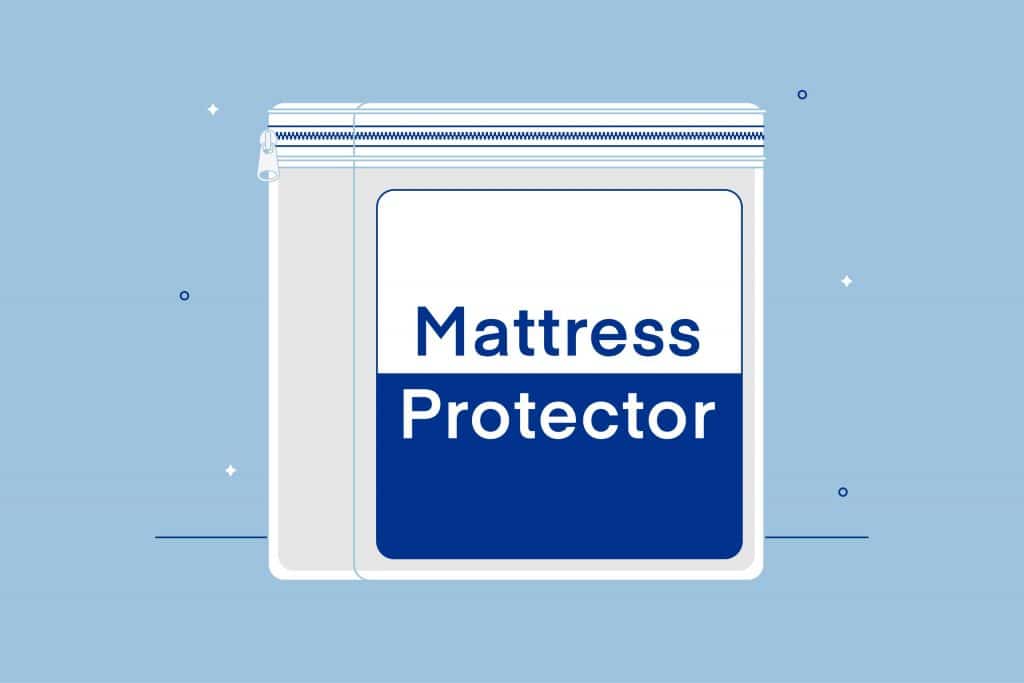


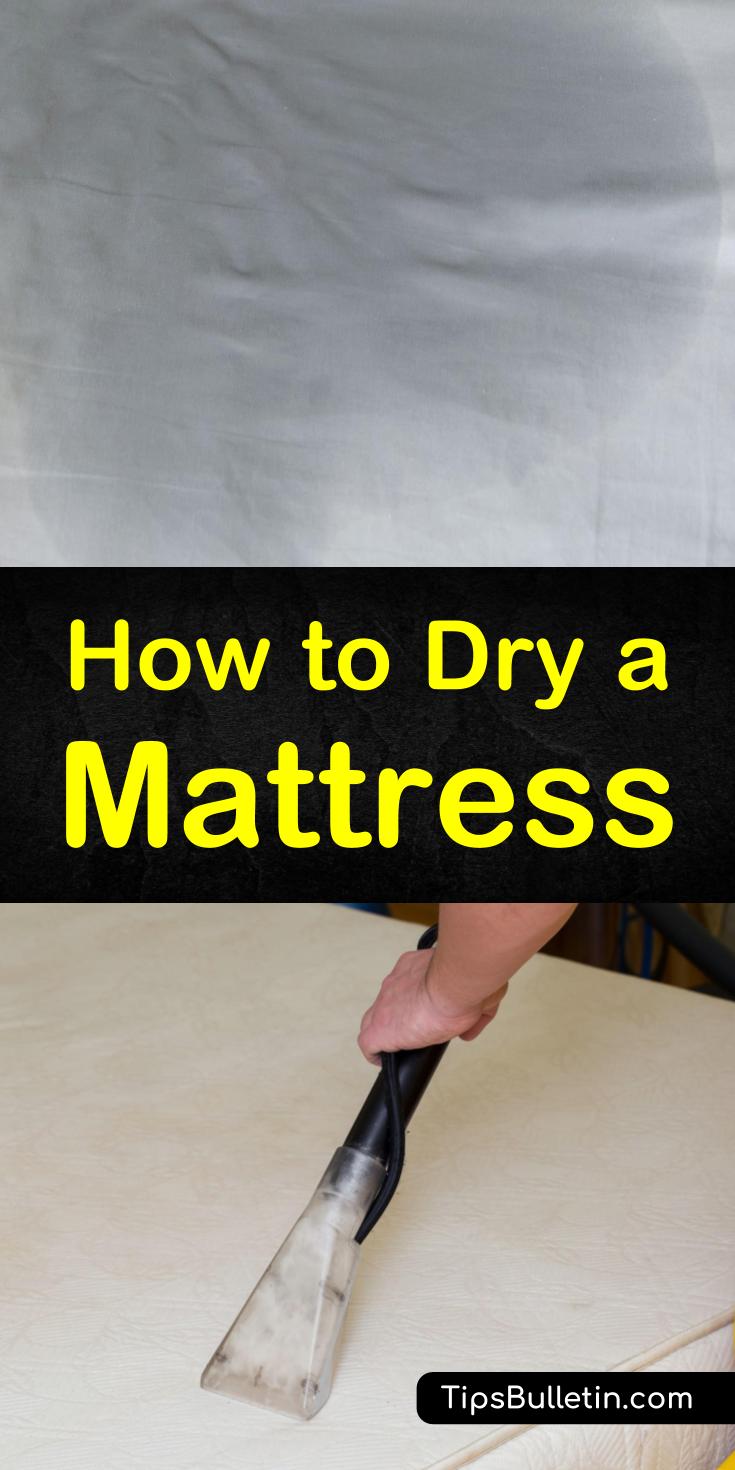

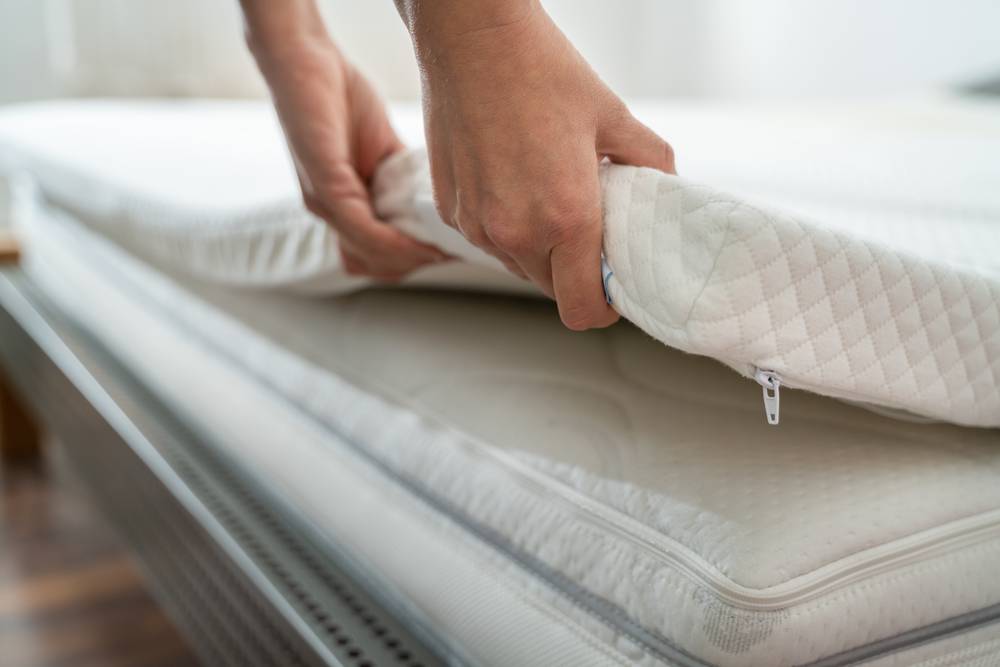


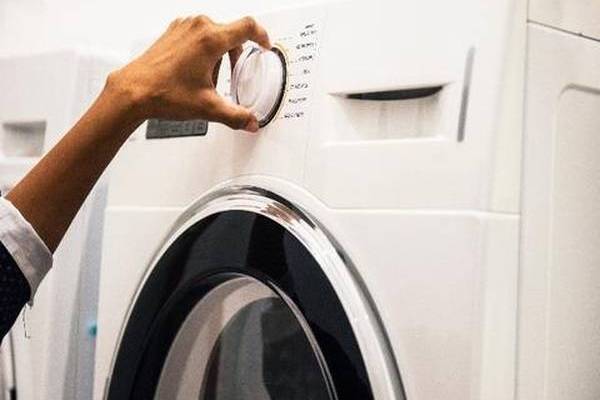
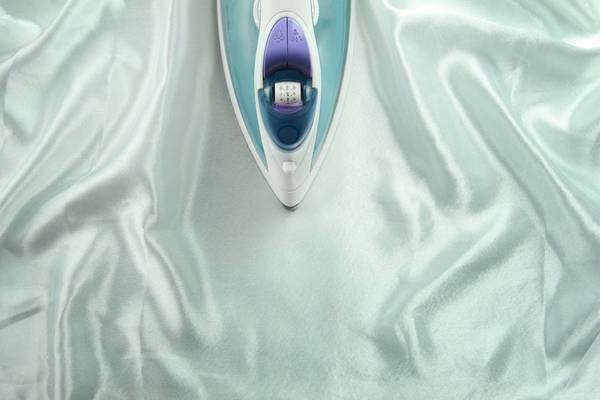

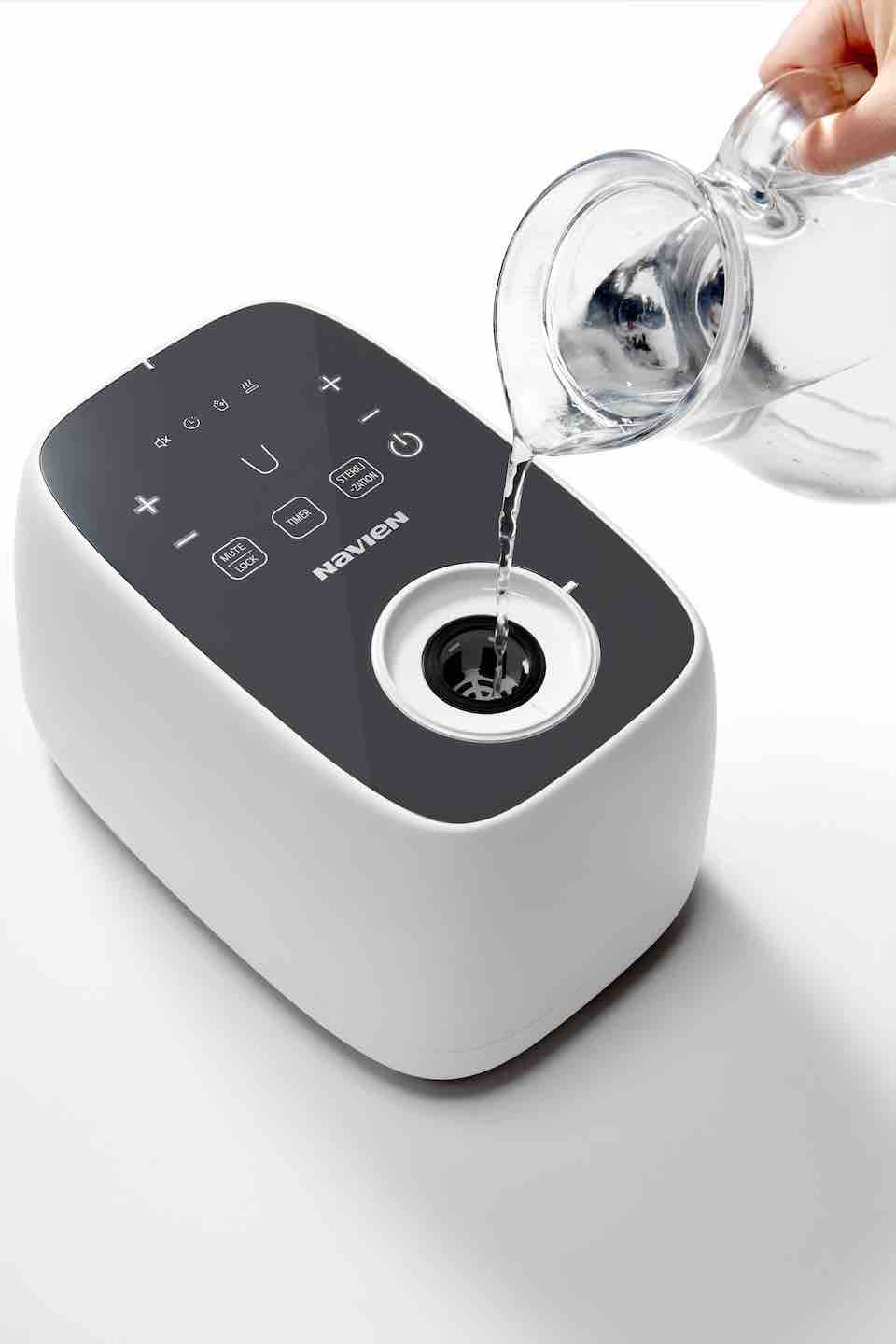


:max_bytes(150000):strip_icc()/how-to-wash-mattress-protector-5220415-hero-ef3d29e5dac34ab8a6482dc4e31a1252.jpg)
